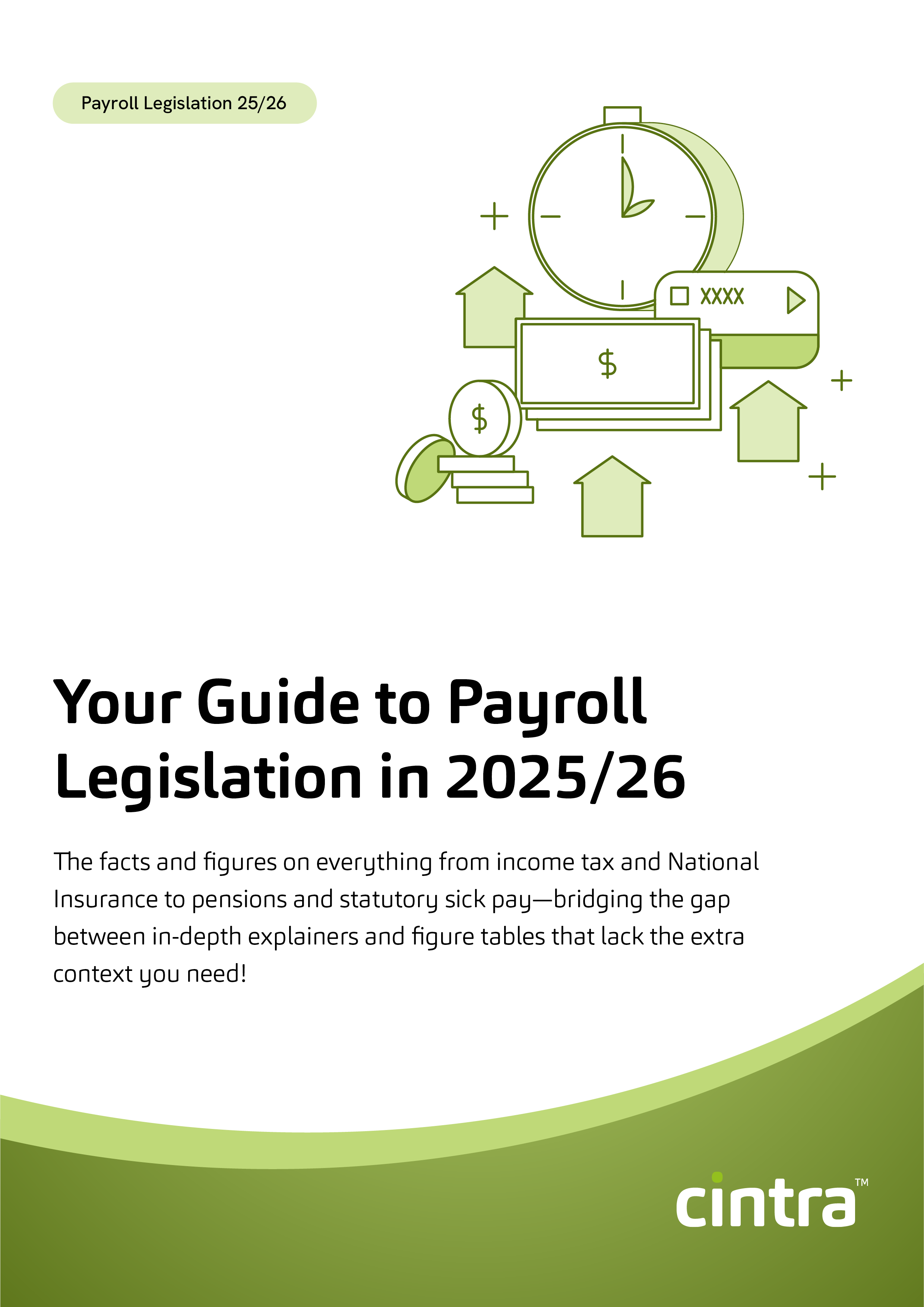There are three values that your organisation must get to know, embrace and promote. And they’re pretty important…
Equity. Diversity. Inclusion.
For some people, those words send a shiver down their spine—the fear of getting EDI wrong is real. We get that. But it doesn’t have to be difficult! If each of your people feels valued, included and has a fair chance (and treated like the individual they are), they’re going to have a positive experience working for you. The wins? They’ll feel happier, be more productive and your bottom line will be smiling. A diverse bunch on your payroll where everyone is included means rich, varied perspectives, people feel comfortable to share their different ideas and everyone works together on solutions. Plus, it also makes you really, really attractive to work for.
Why EDI matters
Why do these three little words matter anyway? Because we live in a wonderful, diverse world. But it’s also a place where things can easily go wrong unless there’s a careful and considered roadmap for inclusion. So, let’s look at the reasons why equity, diversity and inclusion matter:
A more engaged team
Creating a wonderful work environment is key to create a culture of employee engagement. When they feel included, valued and even celebrated, there’s a good chance they’re going to be much more on the ball when it comes to their work. That’s not to mention that they’ll be more open to communication, collaboration and creativity. When you create a culture that truly embraces EDI, you’ll see a boost to morale. And who doesn’t want to work in a feel-good environment?
Increased innovation
Diversity = different perspectives = distinct outlook on life. Each team member can draw on their own rich life experiences and bring them to the table. The results? New ways of approaching challenges, solving problems and pioneering ways of getting stuff done. In a diverse team, there’s no such thing as an “outside the box” idea. Because when you embrace EDI, nobody will ever feel as if they were in a box to begin with.
Enjoy an excellent reputation
Fully embracing and embodying EDI is a prime opportunity to cement yourselves as a highly principled organisation. Customers see it in a positive light because they are a diverse bunch themselves! Naturally, a diverse team will be able to communicate with different types of customers and better relate to who they’re serving, and vice versa.
Keep up to date with any changes
Of course, these kinds of benefits are subject to changes and updates so you should keep an (eagle) eye out to make sure your organisation continues to comply. Many changes happen on an annual basis and include increases on the amounts paid the previous year. Recent changes include the increase of Statutory Sick Pay from £99.35 per week to £109.40 per week and the increase of Statutory Maternity Pay from £156.66 per week to £172.48 per week.
Core employee benefits
There are employee benefits that most organisations in the UK offer as par for the course. These are:
Pension scheme
A decent pension can provide a guaranteed income for your people in their twilight years. The knowledge that they’ll be financially secure and enjoy a good standard of living can provide much comfort. As far as employee benefits go, a great pension scheme is up there with one of the most desired.
Health insurance
Private health care can be a big draw for employees these days, especially as the NHS continues to be under immense pressure. One of the main perks of private health insurance is that it can slash waiting time for your employees. Obviously, coverage differs depending on your plan.
Life insurance
Life insurance is a common benefit offered by many UK organisations. If an employee dies while being employed by you, the policy will pay a lump sum to their family. This payment can be anywhere from two to fifteen times their salary. Offering life insurance is such a valuable benefit because it can give your teams peace of mind that their family will be looked after, should the worst happen.
Equity, diversity and inclusion defined
Let’s actually define the terms and concepts of equity, diversity and inclusion. They’re often talked about as one but they’re actually pretty distinct.
Equity
So, if diversity means people from all walks of life, equity is about treating all these different people in a fair and just way. How does that look? No matter their background, your people should have access to the best possible opportunities for them. For some people taking on a new line-management role might be the best next step but for others that might be a nightmare… They might prefer to take more responsibility for a technical aspect of the mission than people management. So, equity looks like “levelling the playing field” whether that be ensuring equitable benefits, providing inclusive incentives, promoting skills-based hiring or anything else where adjustments need to be made based on the individual.
Diversity
Let’s take it back to basics. Diverse = different. In the workplace it means your team comprises a variety of folks from different demographic backgrounds, identities and each with a unique outlook on life.
Inclusion
Inclusion is all about making your diverse team feel like they belong. How do you do that? Treat them with respect, value them for who they are and make sure they feel able to make contributions that are meaningful. Inclusion is making sure all voices are heard.
What about equality?
Equality is great, but it’s not what you should be aiming for. Equity is the name of the game and it’s ever so slightly different. While equality looks to grant everyone the same opportunities regardless or the pre-existing barriers they may face, equity considers each person’s individual circumstances and that each employee has varying access to resources and privileges. With equity, adjustments and support may need to be made for a person to achieve their fair opportunities and the desired, optimal outcome.
So, where do you stand from a legal perspective?
The Equality Act of 2010 was set out to protect workers (and other specific groups) from being discriminated against on the grounds of several different categories. It’s against the law to discriminate against people based on these “protected” characteristics. They are as follows:
- Age
- Gender reassignment
- Marriage and civil partnership
- Pregnancy and maternity
- Disability
- Race
- Religion or belief
- Sex
- Sexual orientation
Your team is protected by law from being discriminated against at work. And yep, we like lists around here, so here’s another. The Equality Act 2010 protects your people from discrimination at work, including but not limited to situations such as:
- Training
- Recruitment
- Redundancy
- Opportunities for promotion / transfer
- Dismissal
- Pay and benefits
- Employment Ts & Cs
By way of example, if one of your team members has a disability, they’ll enjoy the same rights as any other members of your team. However, you may have to assist disabled team members and applicants in various processes (this is called making “reasonable adjustments”). What does this look like in real life? It could be offering wheelchair access into the office or providing a job application in braille or audio.
Overcoming barriers to EDI
It’s all very well waxing lyrical about the benefits of embracing equity, diversity and inclusion, but there are a few barriers that can often get in the way. Let’s tackle these.
Unconscious bias
As creatures of habit, us humans tend to favour what we’re familiar with. We have a tendency to form opinions without having enough relevant information, and bias can stem from stereotypes, preconceived notions and past experience. Subconscious attitudes produce automatic reactions in all of us. It’s a tough one to nip in the bud because by its very nature it’s unconscious, meaning we’re not even aware of it. So how can you address it? Ask questions. Seek advice. Get to work on educating your people on how unconscious bias manifests. Careful consideration should be taken when making decisions, too. Could your unconscious bias be getting in the way of hiring or promoting a certain person?
Communication hurdles
Having a diverse team is wonderful! But what if they can’t talk to each other? Communication barriers and cultural differences can cause friction and frustration within teams who fail to understand each other. How best to combat this? Keep the communication channels well and truly open. Managers should do their best to understand each individual’s circumstances and needs and accommodate these. It goes without saying you should encourage a culture where everyone is listened to and valued.
Education, education, education
Ignorance breeds tension and nowhere more so than on the issues of EDI. But the good news is that there’s great EDI training out there which will reduce (and hopefully, once you team it with all this other good stuff, wipe out) the problems that can arise. It’s really important that everyone attends—we don’t know our biases until we are forced to examine them—and EDI is for everyone.
Diversity at all levels
Diversity is often not seen at higher up levels within organisations. If your people can’t relate to their seniors, they may often feel excluded. For example, if your managers are all from one race, age bracket or gender, it may be hard for certain employees to relate to them.
On the other hand, if a minority in your team is represented, this can encourage and empower them, resulting in better productivity and innovation with the organisation. There are a few ways to navigate this, but carefully considering the hiring, recruitment and promotion processes and promoting diversity within your organisation are good starting points. And that word ‘equity’ plays a part here too… sometimes you need to provide the support for less well represented groups to get to the top. Methods for providing parity could include mentoring and sponsorship programs and making use of specialist recruitment agencies.
What “allies” are and how they can help
Another way to promote EDI in your organisation is to have allies. These are people within your team who will support and advocate for other team members. What do these allies do exactly?
- They help to rid your teams of prejudice, combat inequality and reduce bias
- Create a culture of support where your people feel heard, seen and able to do their best
- Create a welcoming, inclusive atmosphere for everybody
And how do they do it? In many ways! But here are just a few:
Support
Allies support other team members. This can be in a number ways, but perhaps one of the simplest is to just listen to peoples’ concerns. When people feel safe from judgement, they’re more likely to voice their needs or concerns.
Promote
Allies promote inclusion. This is especially effective if allies are in a management position. When your organisation’s leaders talk about the importance of EDI and make it part of every day at the office, it’s much more likely to trickle down into the rest of the organisation. Leaders can use their position and status to really promote these values.
Role model
Allies are the perfect people to be role models within an organisation. When they embody a culture of inclusivity, they can begin to effect change. People will look at these allies and see them listening to and standing up for others, which may well encourage onlookers to do the same.
Collective action and collaboration
In the grand scheme of things, Diversity & Inclusion policies and principles share the common broad goal of generating collective action for positive change within the workplace. One way to start collective action is to collaborate with other organisations. Working collaboratively can mutually strengthen one another and give advocacy a much further reach.
Your people are your strength
Your people are stronger when they work with each other and for each other. Fostering a culture of equity, diversity and inclusion will make your team stronger still. Promoting and embracing DE&I is an absolute must if you want to attract decent talent, garner a solid reputation and have an all-round happy, productive and profitable workplace.
Want to know what else can make your team stronger? Having an HR system where you can really know your people and find out what they’re actually thinking and feeling and if they’re satisfied in their role. With CintraHR, you’ll also get:
- Real-time continuous feedback
- eNPS
- And sentiment and happiness analytics…
And…it all runs like clockwork. Fancy a chat about it?


